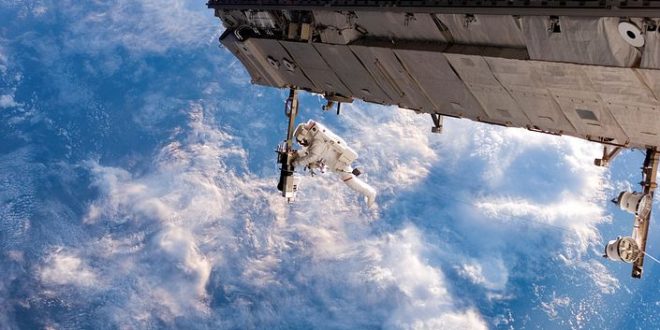By Michael Chang
In space, no one can hear you scream. No matter what, astronauts are always exposed to the fact that their team of six or less people are alone, over 100 miles from any civilization orbiting in the hostile environment which surrounds our life-giving planet. What will happen when you are isolated and farther from Earth than anyone in history?
On a typical mission to service the International Space Station, we know that crews have a shift of around 5 months to build and service the fragile space outpost. During this period of time, many may develop small but nonetheless harmful effects of loneliness, fear of others, and negative self-esteem. Fortunately, they can be reassured by the fact that they are only in Low Earth Orbit, only 200 kilometers above the Earth. Servicing and logistics missions come every 3 months, and they have crewmates to talk to. Science experiments can keep them busy for the time.
When examining the larger scale impacts of space travel, however, like a manned mission to Mars, isolation can become a larger issue. The one month in Earth’s orbit receiving supplies small shipments at a time is no problem for astronauts, but the 6 month acceleration and deceleration towards Mars may result in loneliness and depression. Of course, another 6 months on the red planet will only relieve the fact that they are 34 million miles from Earth at the closest point, and the other 6+ months back home doesn’t help either. When they come back, studies show that people with low self-esteem withdraw more into themselves and isolate themselves from the world. Loneliness also may send misleading hormone signals, causing many defenses of loneliness to be knocked out. Long-term loneliness can not only make you sick but also expose you to debilitating depression.
Of course, with proper training and treatment, we can alleviate some of the concerns associated with mental health and space travel, but there is still a large risk when considering the ethical issues of sending humans our to explore the vastness and beautiful planets space has to offer.
 Tempus Magazine By Students, For Students
Tempus Magazine By Students, For Students 



